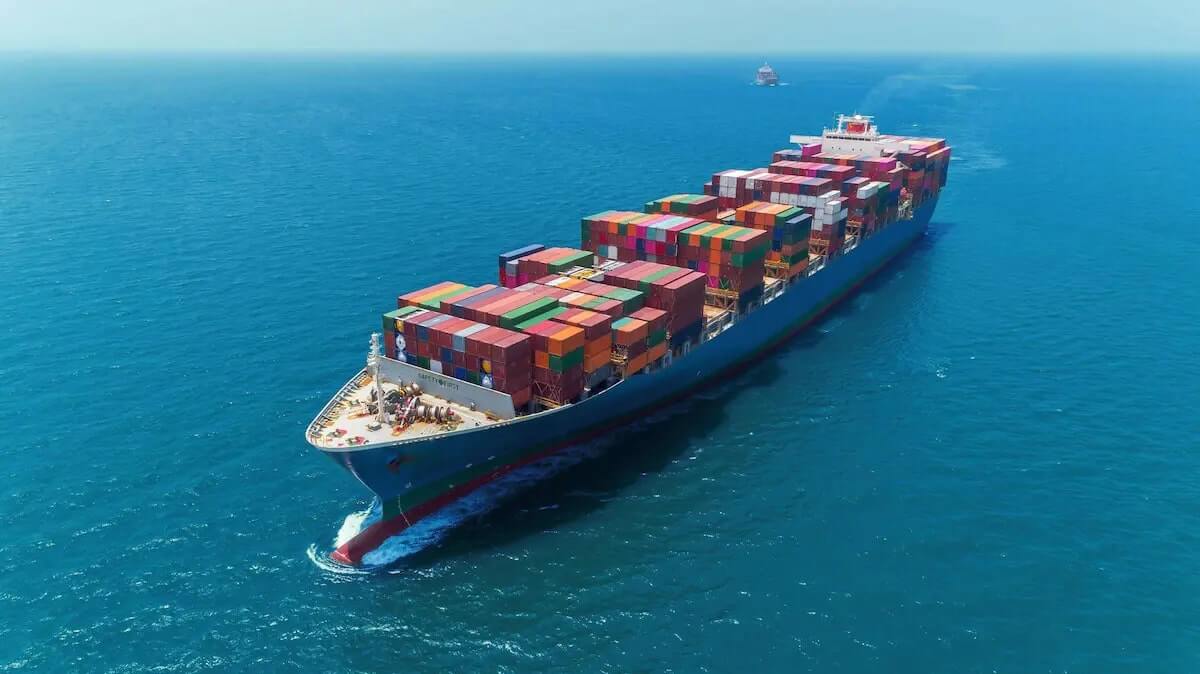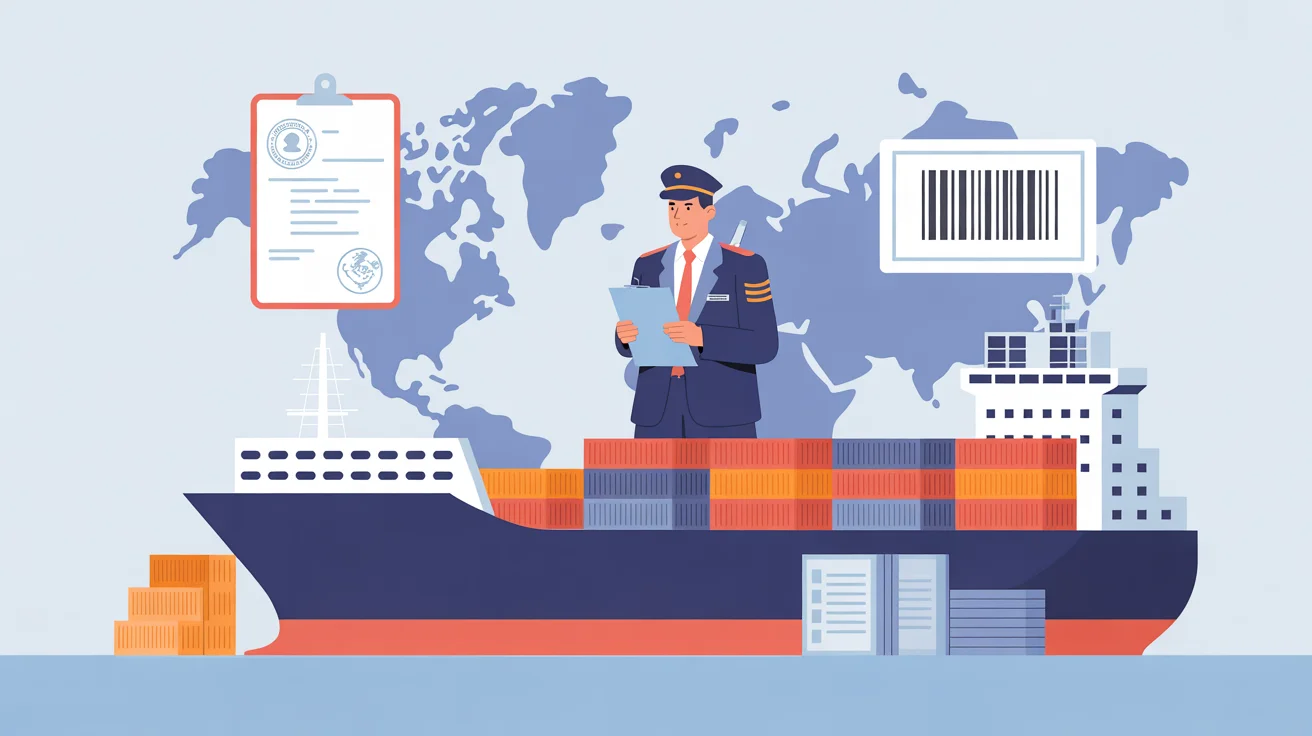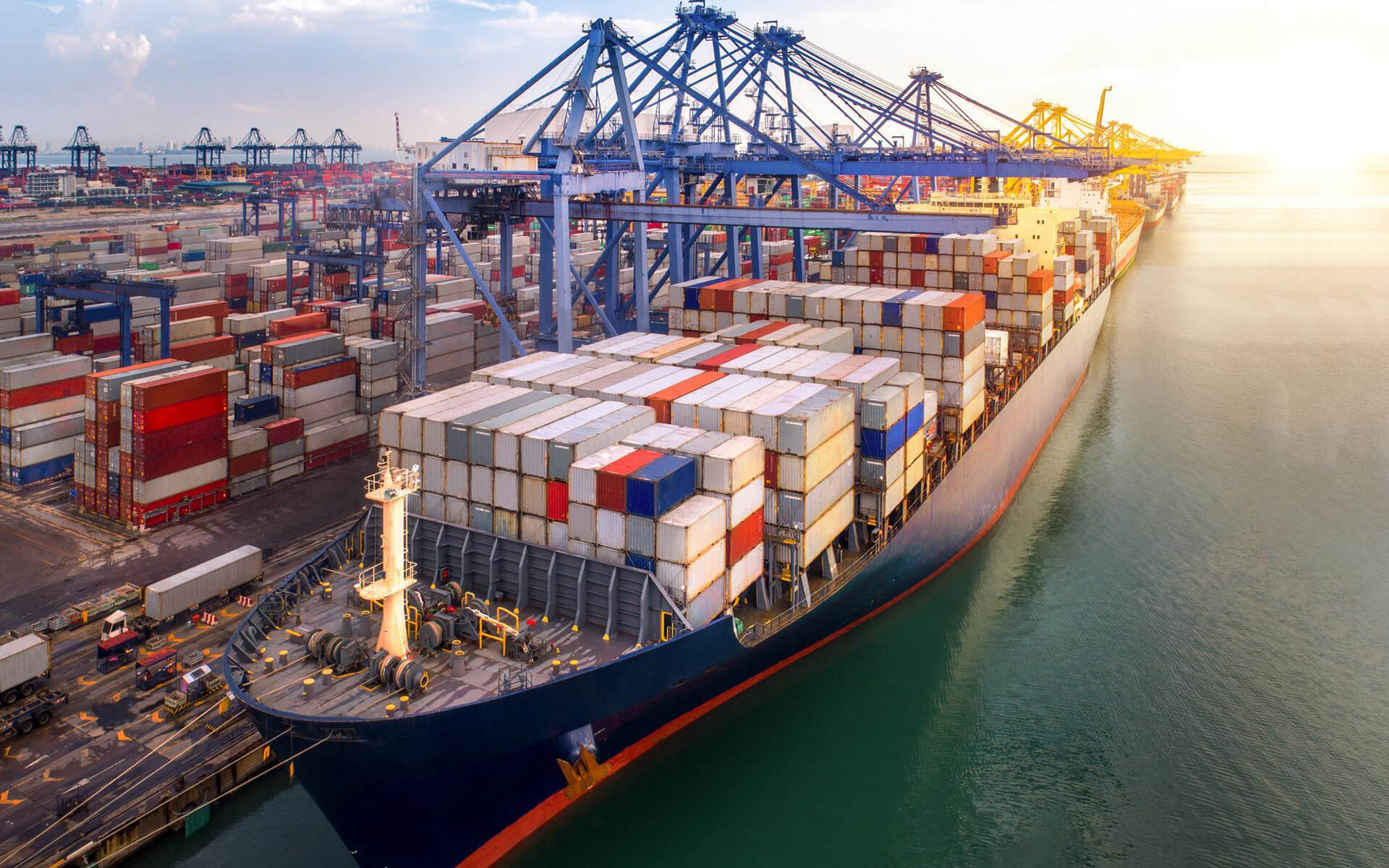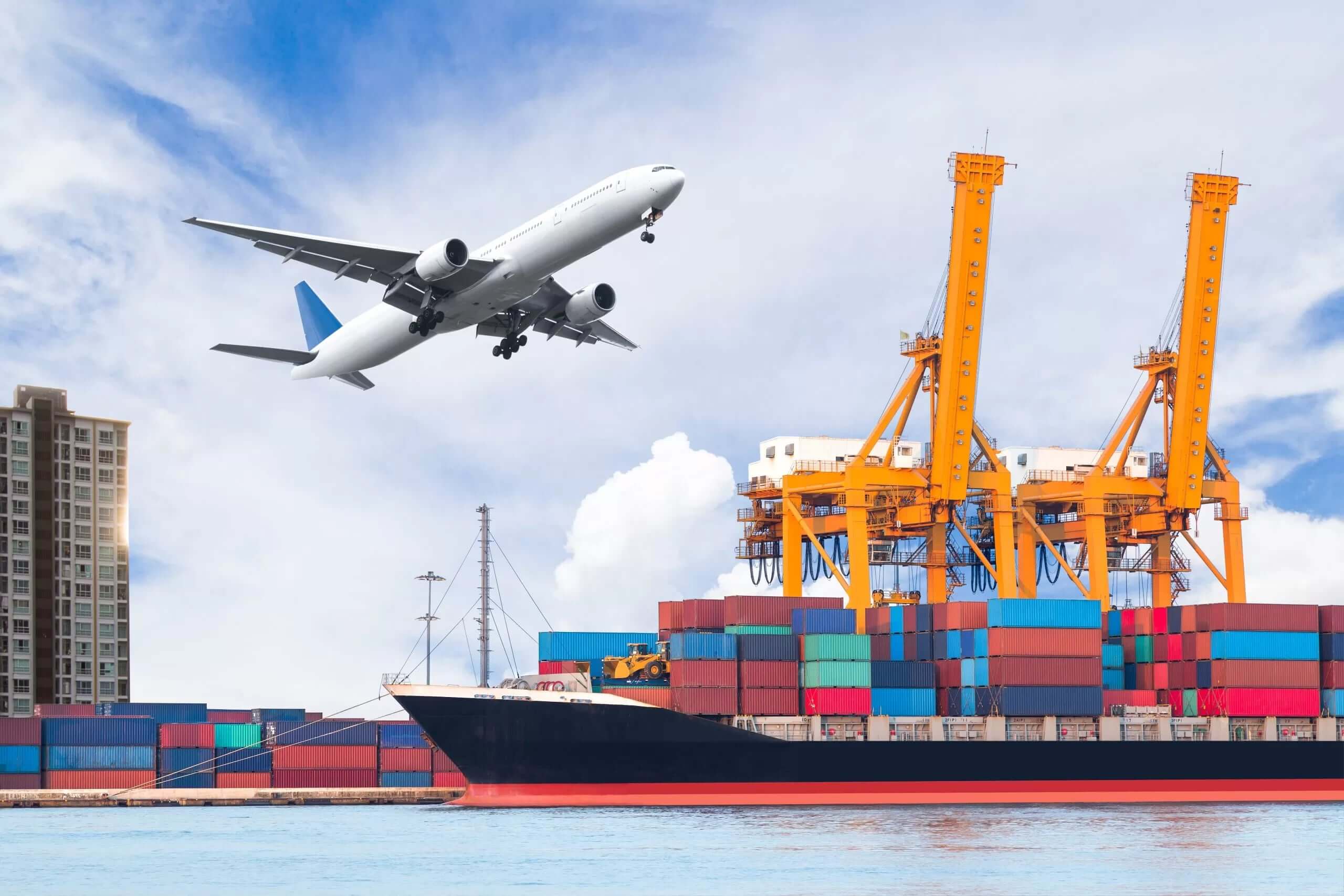
The world of international shipping is complex, involving various terms and agreements that define the responsibilities of buyers and sellers. One of the most commonly used terms in international trade is FOB, which stands for Free on Board. Understanding FOB is essential for anyone involved in global commerce, as it dictates specific responsibilities, costs, and risks for both parties in a transaction. In this article, we’ll delve into the meaning of FOB under the Incoterms framework, its practical applications, and key considerations for buyers and sellers.
What is FOB (Free on Board)?
FOB (Free on Board) is an international shipping term defined under Incoterms. It outlines that the seller’s responsibilities include preparing the goods, clearing customs, and loading them onto the buyer’s designated vessel at the specified port of shipment. Once the goods are on board, the risk of loss or damage transfers to the buyer, who is then responsible for all subsequent shipping costs, insurance, and handling. This term provides a clear division of costs and risks between the buyer and seller, facilitating smoother trade agreements.
Key Responsibilities Under FOB
Seller’s Responsibilities
- Export Packing and Documentation: The seller must ensure the goods are properly packaged and that all necessary export documentation is prepared.
- Transportation to the Port: The seller is responsible for transporting the goods to the port of shipment.
- Customs Clearance for Export: The seller must clear the goods for export, including handling any associated duties or taxes.
- Loading Onto the Vessel: The seller is responsible for loading the goods onto the buyer’s designated ship at the port of shipment.
- Providing Proof of Delivery: The seller must provide the buyer with a bill of lading or another proof of delivery document.
Buyer’s Responsibilities
- Freight Costs: The buyer is responsible for paying the cost of shipping from the port of shipment to the destination port.
- Insurance: The buyer assumes the risk of loss or damage to the goods once they are on board the vessel and is responsible for arranging insurance if desired.
- Import Duties and Taxes: The buyer must handle customs clearance at the destination port and pay any applicable import duties and taxes.
- Transportation from the Destination Port: The buyer must arrange for transportation of the goods from the destination port to their final location.
FOB in Practical Applications
Port of Shipment
The term FOB always includes the name of the port of shipment (e.g., FOB Shanghai, FOB Hamburg). This specifies the exact location where the seller’s responsibilities end and the buyer’s begin.
Documentation
Accurate documentation is crucial under FOB terms. The seller must provide a clean bill of lading, which serves as evidence that the goods were loaded in good condition. This document is also necessary for the buyer to claim the goods at the destination port.
Risk and Insurance
The transfer of risk at the point of loading means that the buyer must carefully evaluate the risks associated with transportation. Many buyers choose to purchase marine insurance to mitigate potential losses.
Advantages of FOB
For Sellers
- Limited responsibility after goods are loaded onto the ship.
- Predictable cost structure up to the point of loading.
For Buyers
- Greater control over shipping arrangements, including the choice of carrier and insurance coverage.
- Transparency in costs beyond the port of shipment.
Challenges and Considerations
Misunderstandings in Responsibilities
If the parties involved do not fully understand their obligations under FOB, disputes may arise. For example, disagreements about the timing of risk transfer or who is responsible for delays at the port can complicate transactions.
Impact of Local Regulations
Customs and port regulations can vary significantly by country. Both parties should be aware of local laws that may impact FOB arrangements.
Insurance Gaps
Since the buyer assumes risk once the goods are on board, any failure to arrange proper insurance can result in significant financial loss in the event of damage or loss during transit.
Comparison with Other Incoterms
FOB is often compared with other shipping terms, such as:
- CIF (Cost, Insurance, and Freight): Under CIF, the seller is responsible for the cost of freight and insurance up to the destination port, unlike FOB, where the buyer takes on these responsibilities.
- EXW (Ex Works): Under EXW, the seller’s responsibility ends at their premises, making it more buyer-intensive than FOB.
- DAP (Delivered at Place): DAP requires the seller to handle all transportation and risk until the goods are delivered to a specified destination.
Is FOB Right for Your Business?
The suitability of FOB depends on several factors, including the nature of the goods, the reliability of carriers, and the buyer’s logistical capabilities. FOB is ideal for buyers who have experience managing freight logistics and prefer to maintain control over shipping and insurance arrangements.
For sellers, FOB is advantageous when they want to limit their responsibilities to the port of shipment. However, clear communication and thorough documentation are critical to ensure smooth transactions.



